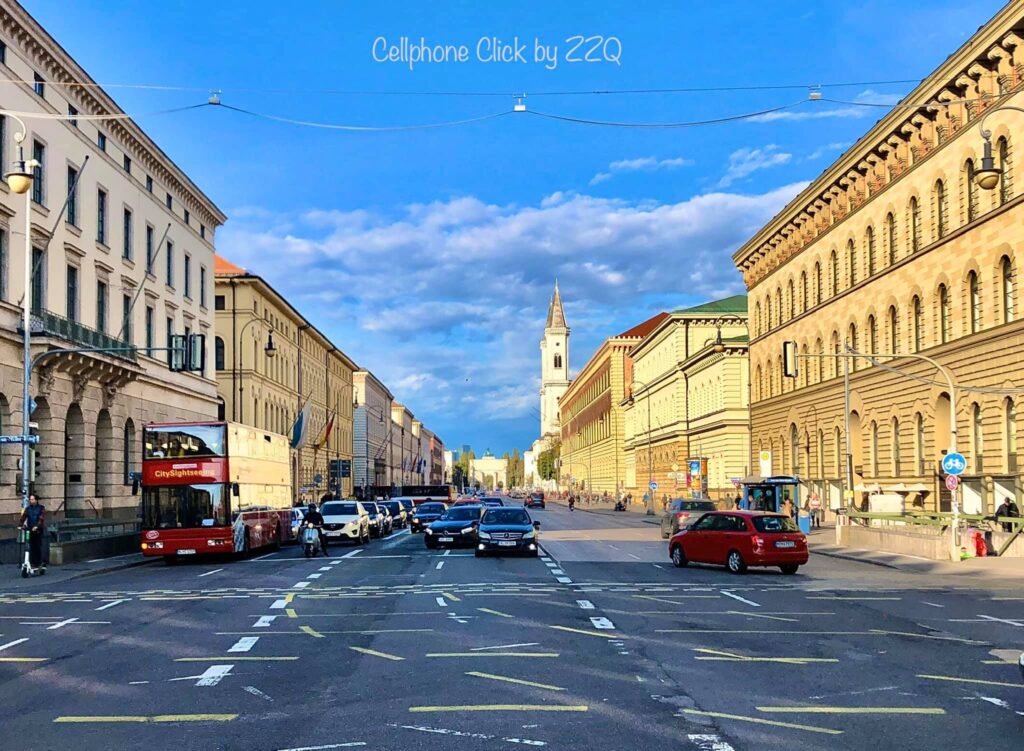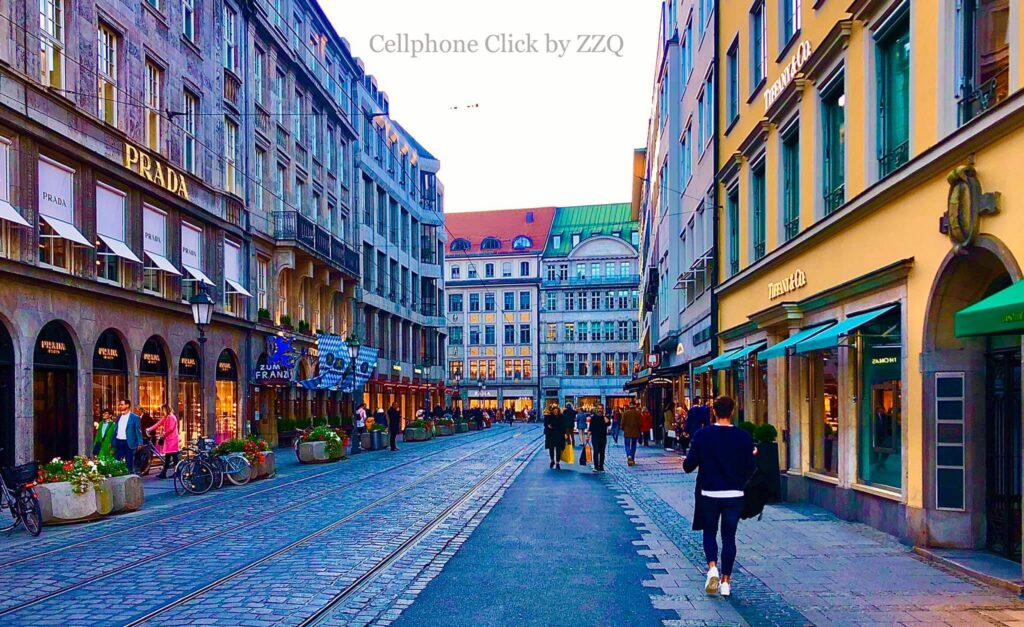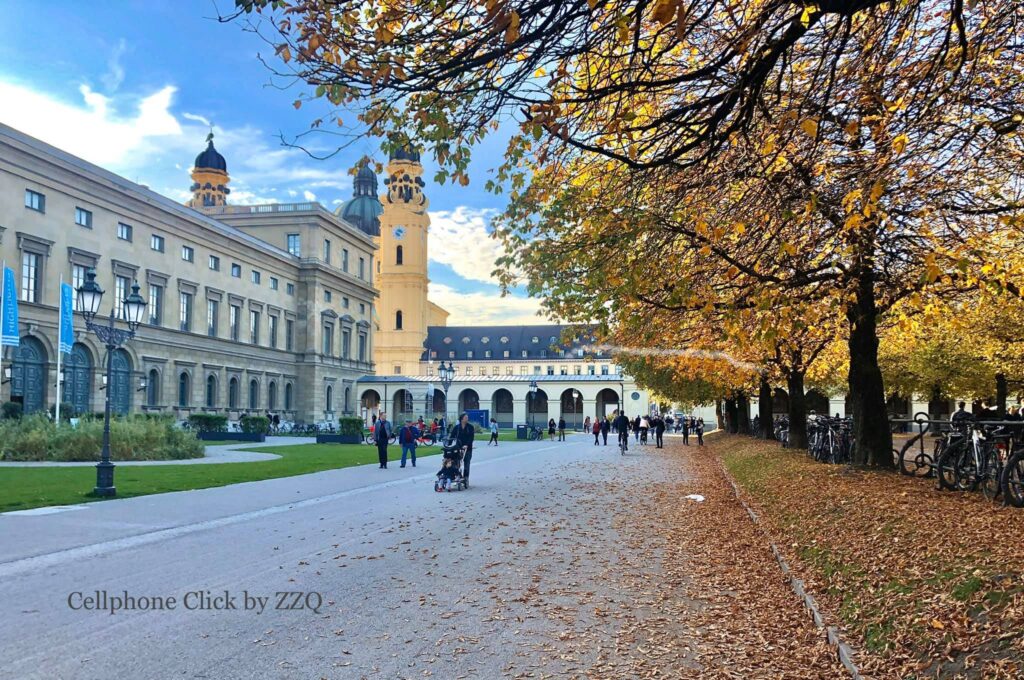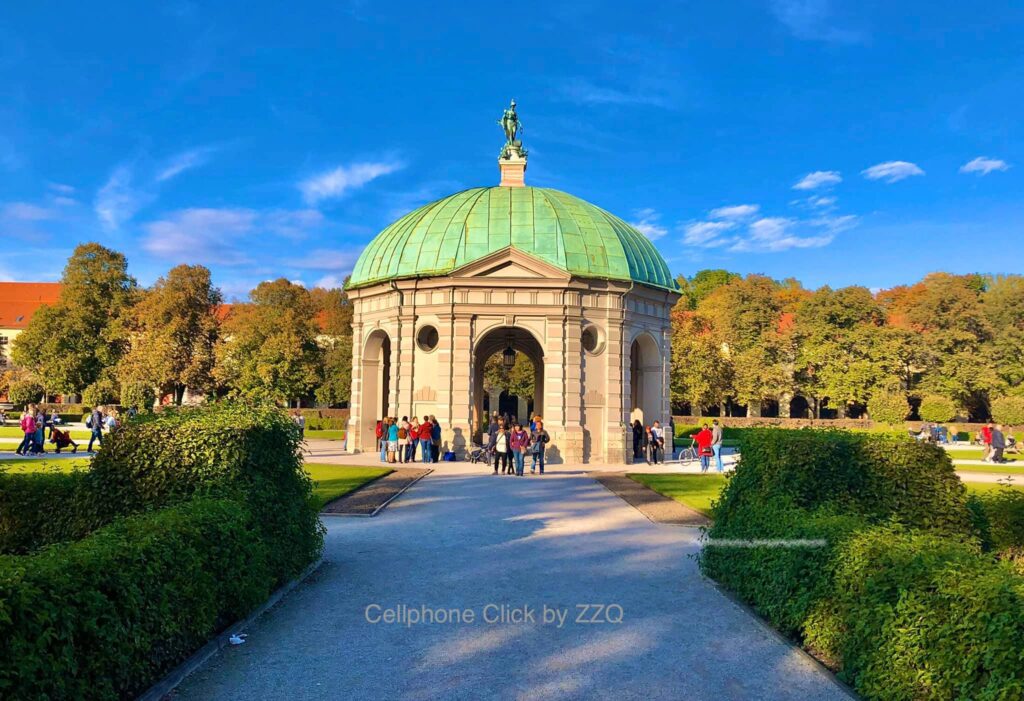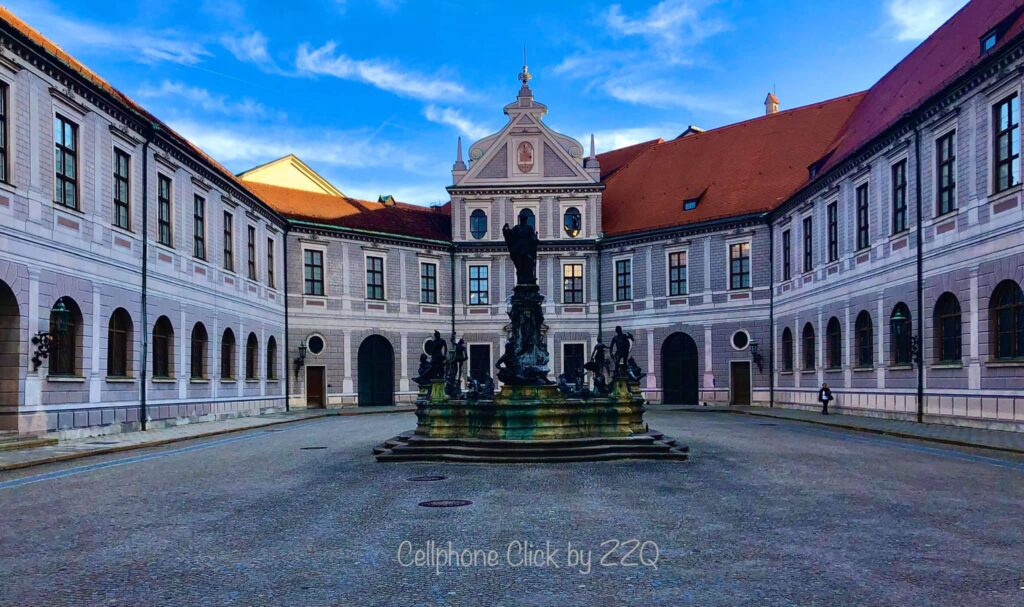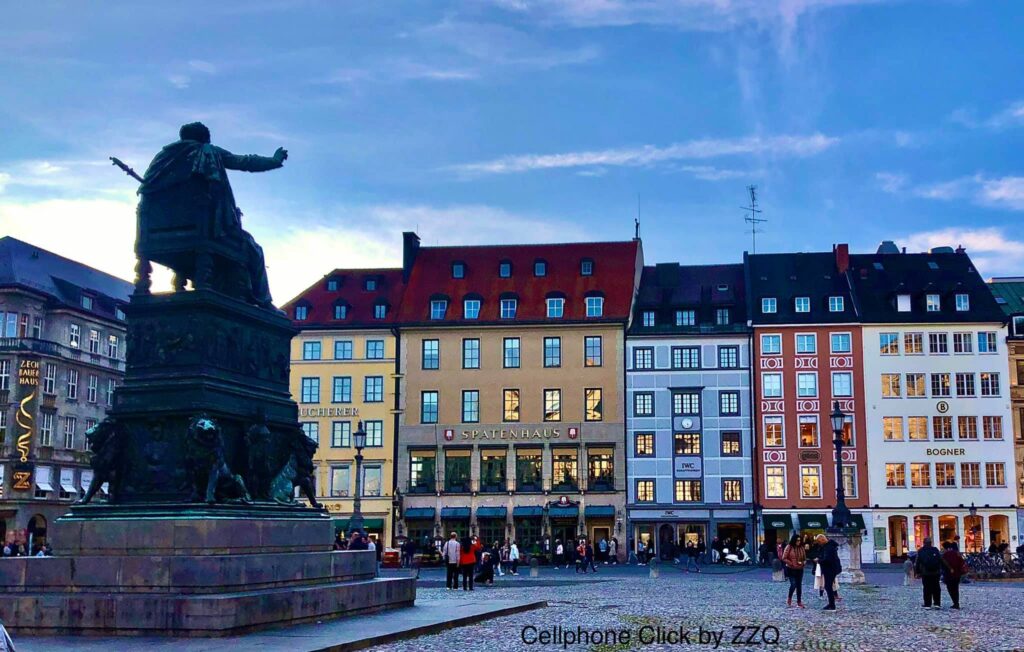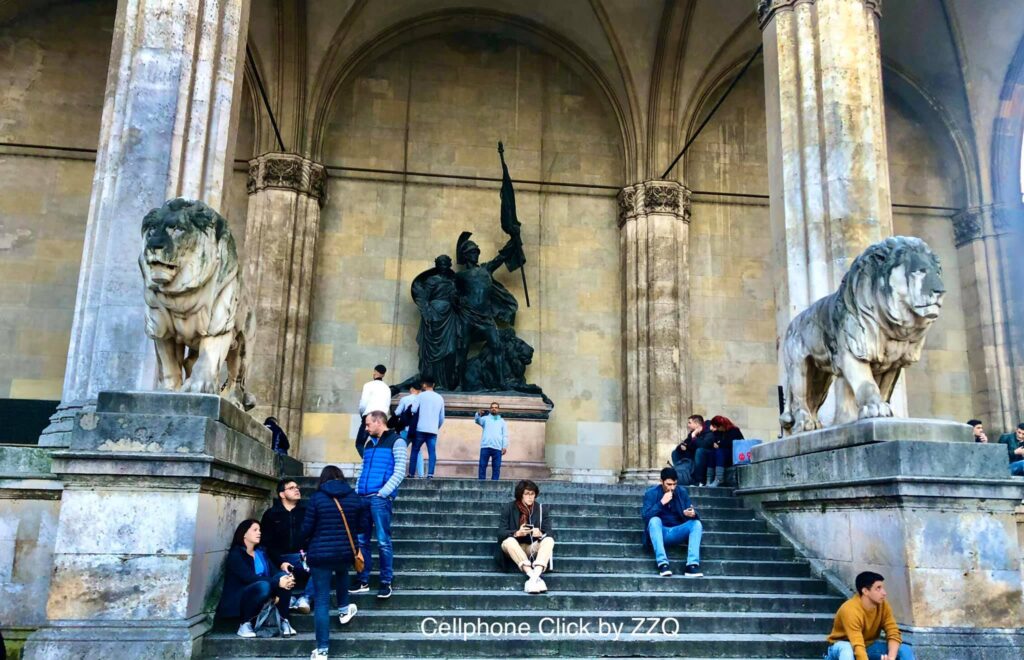What is the Dutch Startup Visa?
The Dutch startup visa scheme makes it possible for ambitious entrepreneurs from outside the EU, EEA or Switzerland to apply for a temporary residence permit for the Netherlands. It gives entrepreneurs 1 year to get their innovative business started. It is mandatory to receive guidance from an experienced facilitator. This support helps you to grow from a startup into a fully fledged business. It is a win-win situation for the entrepreneur and Dutch society at large: you have a successful business, and the Dutch economy benefits.
Finding a facilitator
One of the conditions of the startup residence permit is that you work together with a business mentor: a facilitator. The startup entrepreneur and the facilitator must establish their partnership in a (signed) agreement. The facilitator provides the startup entrepreneur with a tailor-made package of support depending on the specific needs of the startup entrepreneur. The facilitator may, for example, help with operational management. They may also help with marketing, research and investing acquisition for setting up an innovative business.
The facilitator must meet the following conditions:
- The facilitator must have experience in guiding innovative startups.
- The facilitator must be financially stable.
- The facilitator may not, in any case, be in receivership or bankrupt and must have no negative equity.
- The facilitator may not have a majority interest in the startup company.
- The facilitator may not be a family member up to the third degree. This means they cannot be child, parent, grandparent or aunt/uncle of the startup entrepreneur.
How do I apply?
Your facilitator can submit your application for a Netherlands visa to the Immigration and Naturalisation Service (Immigratie- en Naturalisatiedienst, IND), using the appropriate application form on their website. Doing so involves providing information about yourself, your business plan and your proposed method of operation. Startup entrepreneurs still residing abroad can submit their application for a residence permit to the Dutch embassy or consulate in the country where they are living. This may or may not involve also applying for a provisional residence permit (mvv). Check the IND information for startups to see if you should apply for a provisional residence permit and a startup visa, or only for a startup visa. There is an exception for startup entrepreneurs of Australian, Canadian, Japanese, New Zealand, USA and South Korean nationality. These entrepreneurs can submit an Netherlands visa application directly with the IND using the application form on the website. Foreign nationals who have a valid residence permit and wish to change their residence permit to a residence permit for startup entrepreneurs can also use that application form.
Conditions for a startup visa: For the assessment, the IND consults with the Netherlands Enterprise Agency (Rijksdienst voor Ondernemend Nederland, RVO), part of the Ministry of Economic Affairs and Climate Policy. There are five conditions that you will have to satisfy:
Condition 1: Working together with a reliable expert facilitator
Condition 2: The product or service is innovative
Condition 3: The startup entrepreneur has a plan to advance the idea to a business
Condition 4: The startup entrepreneur and the facilitator are entered in the Business Register of the Netherlands Chamber of Commerce (KVK)
Condition 5: There is sufficient money (resources) to reside and live in the Netherlands
If your Netherlands visa application is approved, you will receive a message that you can pick up your provisional residence permit at the Dutch consulate or embassy. Once you come to the Netherlands, you will receive a letter when and where to collect your startup visa.
What happens at the end of year 1?
The startup visa allows you to stay and to work as an entrepreneur for a maximum of 1 year in the Netherlands. At the end of year 1, you can apply for a residence permit on a self-employed basis or a regular residence permit including the endorsement ‘Work is freely permitted’ (Arbeid is vrij toegestaan).
Residence permits in the Netherlands
In the Netherlands, the Immigration and Naturalisation Service (Immigratie- en Naturalisatiedienst, IND) is responsible for issuing residence permits. Generally, rules and regulations vary depending on whether you are an EU or non-EU national, and on how long you are planning to stay. If you do not have EU, EEA or Swiss nationality, and are coming to the Netherlands to live here and work as an entrepreneur, you will need a residence permit. Depending on your country of origin, you may need to apply for a temporary and a residence permit. Use our tool Coming to the Netherlands as an entrepreneur to find out what applies in your situation. You may also need a residence permit if you come to the Netherlands as an employee. Your employer will have to apply to the Employee Insurance Agency’s (Uitvoeringsinstituut Werknemersverzekeringen, UWV) work placement branch for a work permit. A one stop shop procedure allows you to apply for a single permit; a work permit (verblijfsvergunning) in one.
For More Information Visit Official Website
